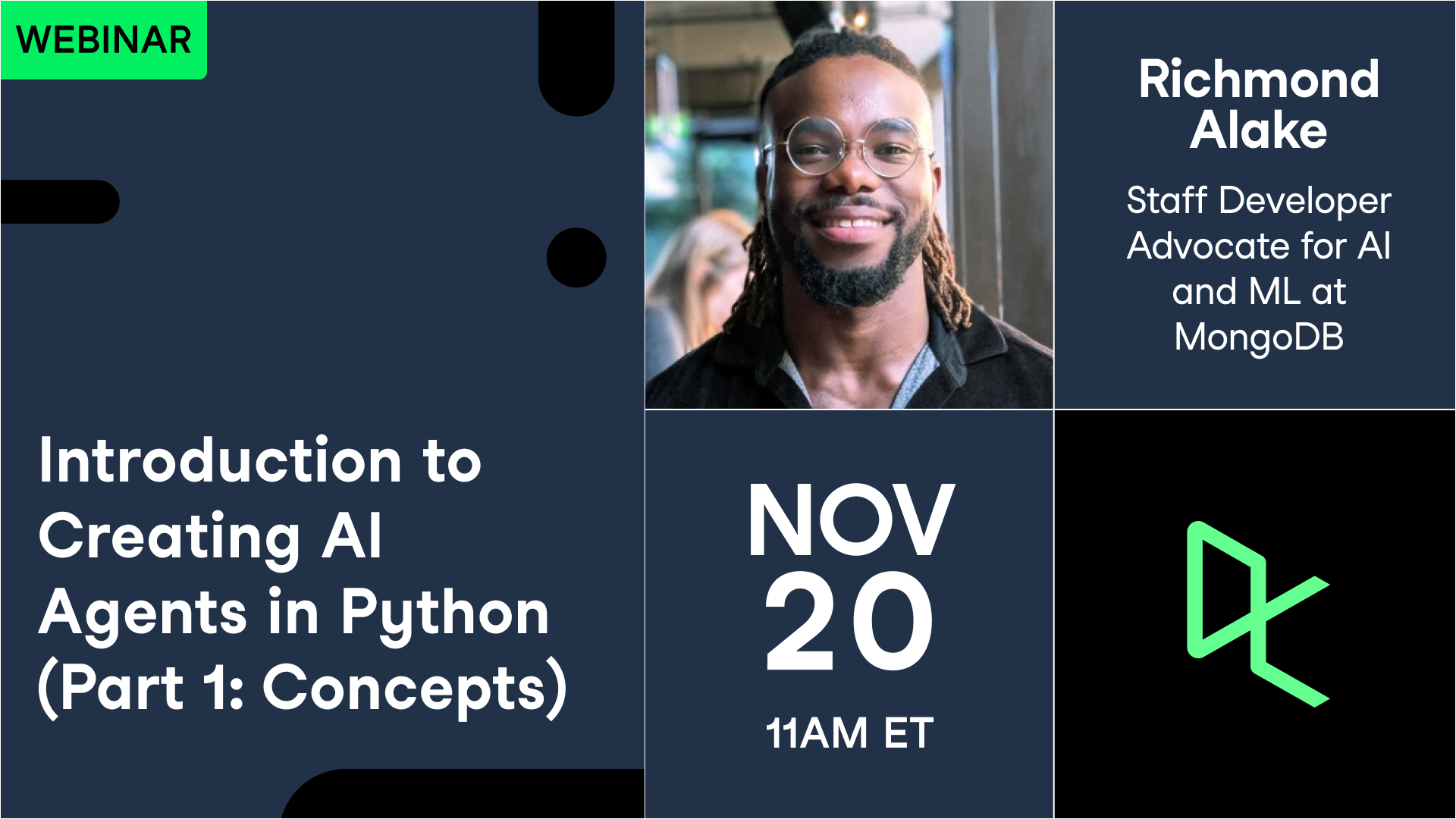Accéder au contenu principalPour les entreprises





Haut-parleurs
Formation de 2 personnes ou plus ?
Donnez à votre équipe l’accès à la bibliothèque DataCamp complète, avec des rapports centralisés, des missions, des projets et bien plus encoreConnexe
webinar
Artificial Intelligence in Finance: An Introduction in Python
Learn how artificial intelligence is taking over the finance industry.webinar
Responsible AI: Evaluating Machine Learning Models in Python
In this live training, Ruth shows you how to debug your machine learning models to evaluate these properties of your model.webinar
Is Artificial Super Intelligence Dangerous?
Richie Cotton, a Senior Data Evangelist at DataCamp, will demystify the current state of AI systems, the different possible levels of AI, and what we know about the risks of powerful AI.webinar
How Generative AI is Shaping Higher Education
Join us for a deep dive into the evolving academic landscape and gain insights into the opportunities and roadblocks ahead in AI-powered learning.webinar
Best Practices for Developing Generative AI Products
In this webinar, you'll learn about the most important business use cases for AI assistants, how to adopt and manage AI assistants, and how to ensure data privacy and security while using AI assistants.webinar
Laying the Foundations: Scoping Generative AI Use Cases from Vision to Business Impact
In this session, Albert Esplugas provides a comprehensive overview of the top generative AI use cases across business areas and industries.Join 5000+ companies and 80% of the Fortune 1000 who use DataCamp to upskill their teams.
Loved by thousands of companies

